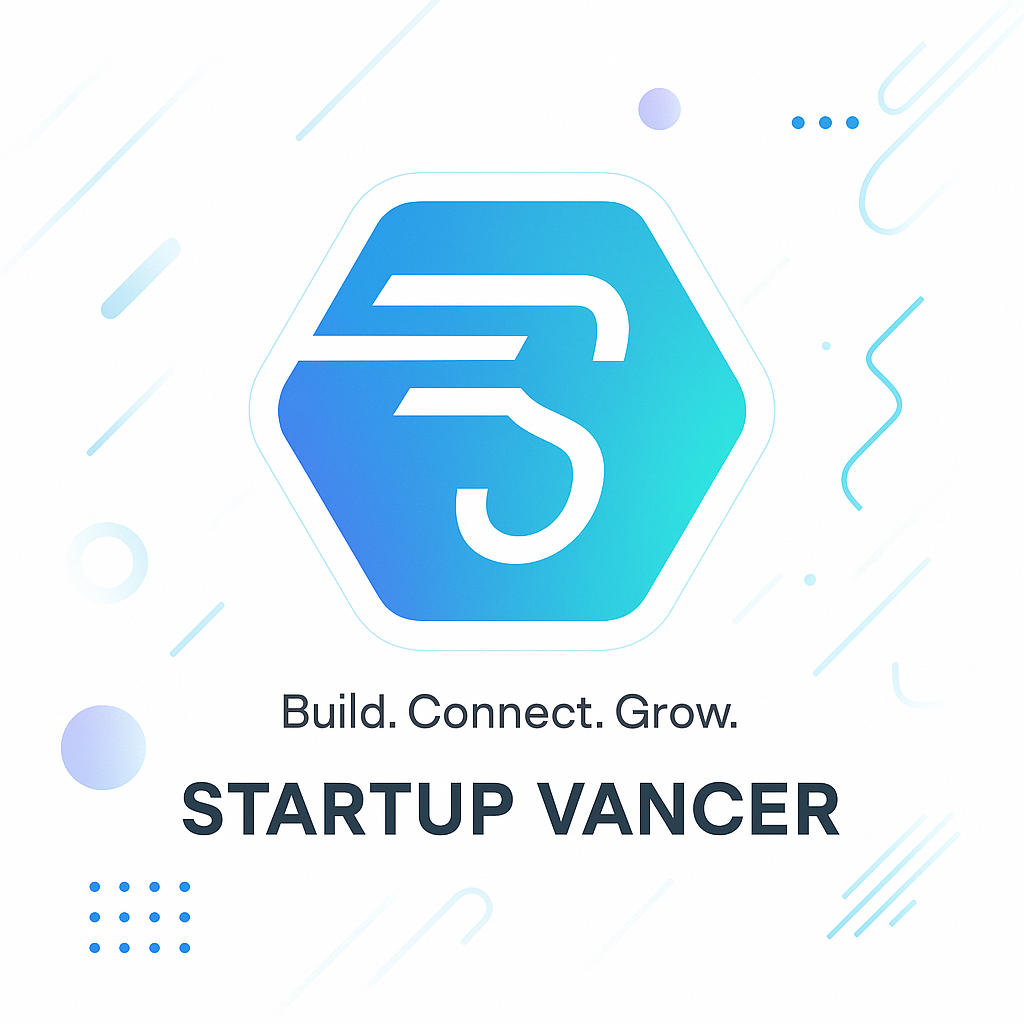
In today’s rapidly evolving technological landscape, startups must stay ahead of the curve to remain competitive. One of the most promising frontiers currently shaping the future of technology is Quantum Computing. This complex yet fascinating field holds the potential to revolutionize industries by solving problems that traditional computing methods struggle to tackle. As entrepreneurs begin to explore the possibilities that quantum technology presents, understanding its fundamentals is essential. By grasping the unique capabilities of quantum systems, startups can develop innovative strategies that harness this emerging technology, ultimately positioning themselves for success in the next tech revolution.
Understanding Quantum Computing: A Primer for Entrepreneurs
Quantum Computing represents a groundbreaking shift in the realm of technology, promising to solve complex problems that are currently insurmountable for classical computers. At its core, it leverages the principles of quantum mechanics, particularly superposition and entanglement, to achieve computational capabilities that exponentially surpass traditional methods. Entrepreneurs should recognize the significance of this technology as it unfolds, as it offers unparalleled opportunities for innovation across various industries.
For startups, understanding the fundamentals of Quantum Computing can lead to competitive advantages. By grasping how quantum bits (qubits) function, businesses can explore new algorithms and encryption methods that redefine data analysis and security. Additionally, awareness of existing quantum platforms and collaborations with research institutions can pave the way for strategic partnerships. By embracing this information, entrepreneurs can align their ventures with the forthcoming tech revolution and position themselves at the forefront of the quantum revolution.

Harnessing Quantum Technology: Strategies for Startup Innovation
To leverage Quantum Computing effectively, startups must adopt innovative strategies that align with this burgeoning technology. First and foremost, they should focus on building a solid understanding of how quantum principles can optimize existing processes. For instance, startups can explore partnerships with research institutions or established tech firms to access expertise and resources.
Moreover, conducting pilot projects can help in testing different applications of quantum algorithms, such as optimization problems or data analysis, which could provide a competitive edge.
Additionally, embracing a culture of continuous learning is vital; entrepreneurs must stay abreast of emerging trends in quantum research and development. By doing so, startups can identify unique market opportunities and ways to integrate Quantum Computing into their value propositions, ultimately driving innovation and growth in this transformative landscape.
Frequently Asked Questions
What is quantum computing and how does it differ from classical computing?
Quantum computing is a revolutionary technology that leverages the principles of quantum mechanics to process information in fundamentally different ways than classical computing. Unlike classical computers, which use bits as the smallest units of information represented as either 0s or 1s, quantum computers use quantum bits or qubits. Qubits can exist in multiple states simultaneously, allowing quantum computers to perform complex calculations at exponentially faster rates than classical computers. This paradigm shift has the potential to transform industries by solving problems that are currently intractable for classical systems.
How can startups benefit from adopting quantum computing technologies?
Startups stand to gain significantly from incorporating quantum computing technologies into their operations. By leveraging quantum algorithms, they can improve optimization, enhance data analysis, and develop more robust machine learning models, leading to innovative solutions and services. Additionally, early adoption allows startups to differentiate themselves in competitive markets, attract investment, and participate in emerging partnerships within the quantum ecosystem. Moreover, as quantum technologies mature, those that are well-prepared may gain a first-mover advantage in harnessing the unmatched computational power for domain-specific applications.
What are the main challenges that startups face when entering the quantum computing space?
Startups face several challenges when venturing into the quantum computing space. A primary obstacle is the current scarcity of skilled personnel proficient in quantum mechanics and quantum computing principles. Additionally, the technology is still in a development phase, with ongoing research needed to address issues such as error rates and qubit coherence times. Limited access to quantum hardware and high costs associated with developing quantum solutions may also pose significant barriers. Startups must strategically navigate these challenges, often requiring collaboration with research institutions or established tech firms to leverage resources and expertise.






